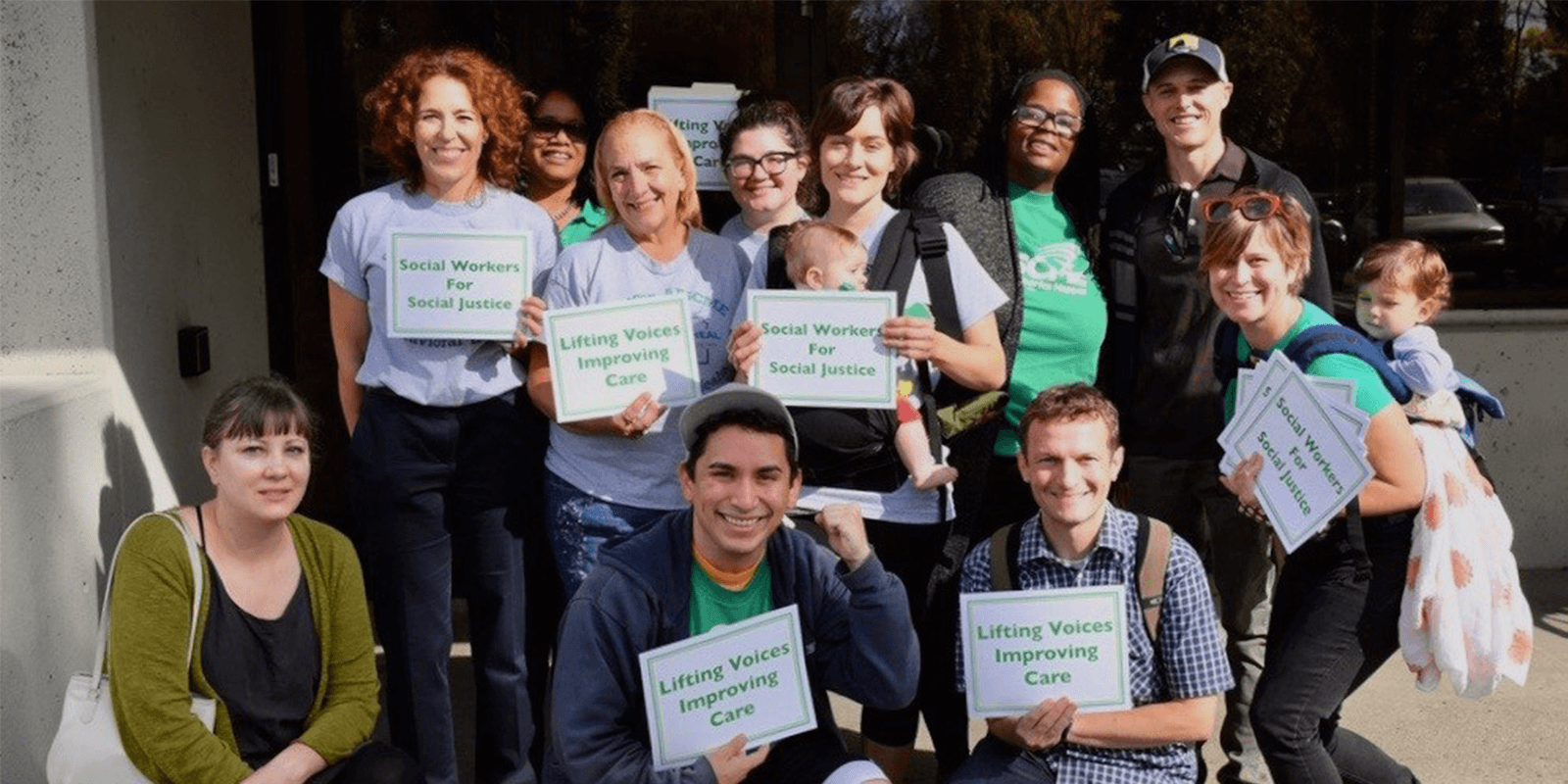A total of 279 behavioral health professionals at Cascadia Behavioral Healthcare in Portland, Ore., voted overwhelmingly in recent weeks to join Oregon AFSCME.
They become the latest in a wave of therapists, case managers, peers, support staff and other dedicated care providers who are uniting through AFSCME’s United We Heal campaign to fix a broken system.
"This vote allows us to get the workplace safety training and procedures we need to make sure we are safe on the job," said Matt Folsom, a crisis counselor III.
Behavioral health workers across the nation are often underpaid and overworked, denied essential recovery time that is so important in delivering high-quality patient care.
Ironically, even though workers at Cascadia have been trying to organize for years, one of the biggest obstacles to forming a union has also been one of the chief problems they face: staff turnover. Due to poor working conditions, workers tend to leave after five or six months.
Now that they have a voice at the table for themselves and their clients, they are excited to start building a better system by working with their employer to reduce caseloads, stem burnout, increase safety and related trainings, and deliver the care their clients deserve.
Laura Blaney, a peer wellness specialist, said that with a union she and her co-workers could “strengthen our collective voices as advocates for our clients and one another.”
“Starting a union is important to me because it means that someone has my back,” said Alison Browne-Hoymann, a crisis counselor III. “Coming together with my colleagues and others amplifies our voices and ensures we can do the work that is important to us while knowing that we can expect to make a wage that represents the education, expertise and passion which all of us bring to our work.”
She summed up the feeling of her new AFSCME sisters and brothers this way: "Together, we are stronger than as individuals. Together, we can ensure that working in the field of mental health is sustainable.”
